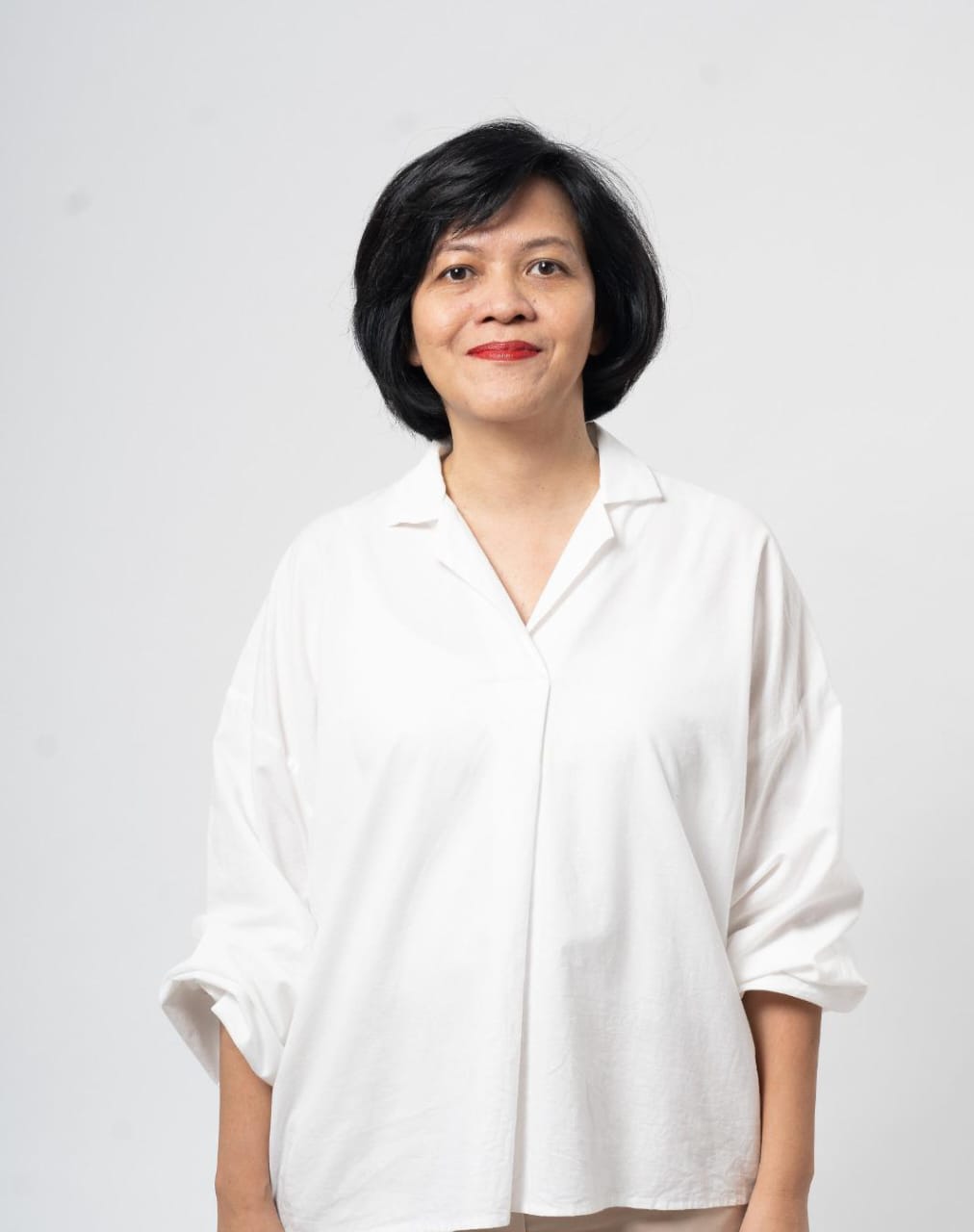Depok-The life expectancy of the Indonesian population is relatively low compared to several countries in Southeast Asia, namely 68.25 years based on data from World Population Prospects: The 2022 Revision by the United Nations. The age attainment of this number needs to be accompanied by an understanding of insurance. This is because as you get older, your health condition tends to decline. Therefore, fulfilling a person’s social security needs can be done through insurance ownership. Looking at the numbers, the level of insurance penetration in Indonesia is still low compared to other countries. Based on data from the Financial Services Authority (OJK), the insurance penetration rate in Indonesia in 2021 has only reached 3.18 percent, consisting of social insurance penetration of 1.45 percent, life insurance of 1.19 percent, general insurance of 0.47 percent,
Seeing these conditions, the Insurance and Actuarial Administration study program, Vocational Education Program, Universitas Indonesia (UI) initiated a public lecture with the theme “Social Security Education and Awareness” on Tuesday (12/09/2023). The public lecture was delivered by Prof. Shigenori Ishida, Ph.D, Professor of Social Security and Insurance Economics Kansai University, and Yoshihiko Ono, JICA Research Team Member of Social Security Indonesia.
On this occasion, Prof. Shigenori Ishida conveyed the risks of longevity and how to overcome them. Longevity risks are often associated with social security. According to him, social security can be interpreted as an area of intersection between economic policy and employment social policy, which is related to regional policy, administration, daily life and family. He explained, “A very low birth rate and an aging society, as well as the impact of people living alone will create a negative chain such as an increase in the number of elderly and dependent people, an increase in national burden, will lead to a reduction in consumer behavior, labor costs, and a decrease management as a whole.”
The risk of longevity will prolong non-productive conditions which will affect the country’s economy. Thus, it is necessary to increase state revenue through tax sources in productive communities. The income from tax money is then managed for a pension program for people with long lives.
He also added that Indonesia needs a national pension. This national pension is an important aspect that must be understood, especially for students studying insurance and actuarial science, to build the economy in the future. Ideally, in preparing for post-retirement life, a person should have two types of insurance, which is a combination of national insurance and private insurance.
In line with Prof. Shigenori Ishida, Yoshihiko Ono also said that social security is one of the important things in a country. He compared social security in Japan and Indonesia. There are several labor and social insurance systems in general in Japan, for example social security for health, schools, and for employees, as well as security for citizens over the age of sixty. The Japanese government also provides salaries or bonuses to employees who lose their jobs. On the other hand, he said that Indonesia has an Employees Social Security System as an effective form of social security through the Pension Plan (JHT) program. Funding for the program comes from periodic payments by employers and workers. The purpose of JHT is to provide awards when employees have retired, experienced permanent disability, or died. Thus, the welfare of employees, both civil servants and private employees, is more guaranteed.
He also stated that as students who have insight into the insurance sector, Insurance Administration and Actuarial students can work together with the government to act as messengers to the younger generation about the importance of social security. “It is hoped that the movement carried out by the government together with students can increase public awareness of the importance of insurance. As has been implemented by the Japanese government, the Indonesian government must also believe that a comprehensive understanding of social security is important for every citizen,” said Yoshihiko at the activity held in the Intraco Room of the VC Vocational Building.
Awareness of social security is not only the responsibility of the government, but also the duty of every individual to actively participate in shaping social security policies by using their voting rights. In this way, students can play an important role as agents of change in encouraging a society that prioritizes and values social security for the welfare of all citizens.
Padang Wicaksono, S.E., Ph.D, Director of the UI Vocational Education Program, appreciated the public lecture held. According to him, students need to become active agents in improving the welfare of society, one of which is by providing an understanding of insurance and social security to the community. “Apart from that, I also hope that Kansai University can collaborate with Universitas Indonesia to build collaboration in the fields of education, research, and improving the quality of students on each campus,” added Padang.
Author: Vocational Public Relations/editor: Finda Salsabila



